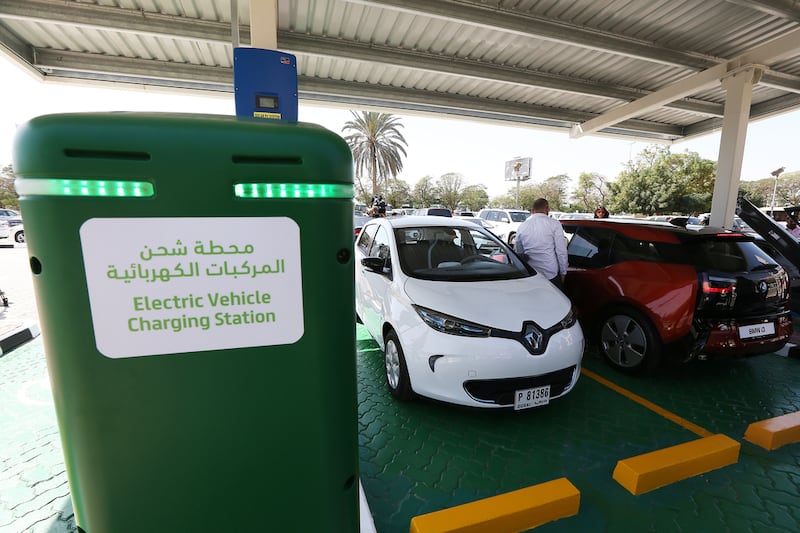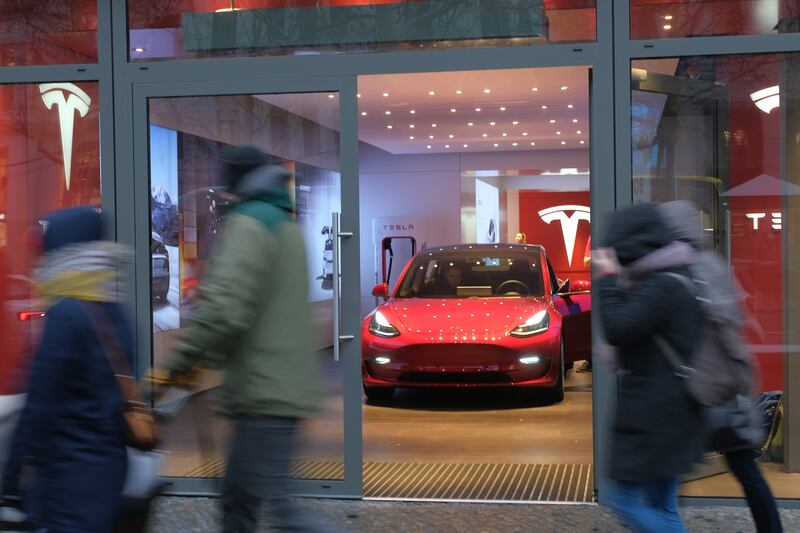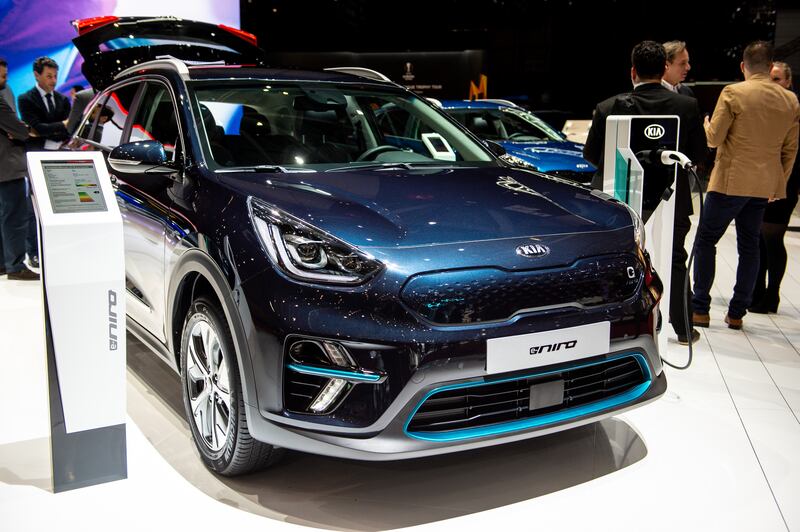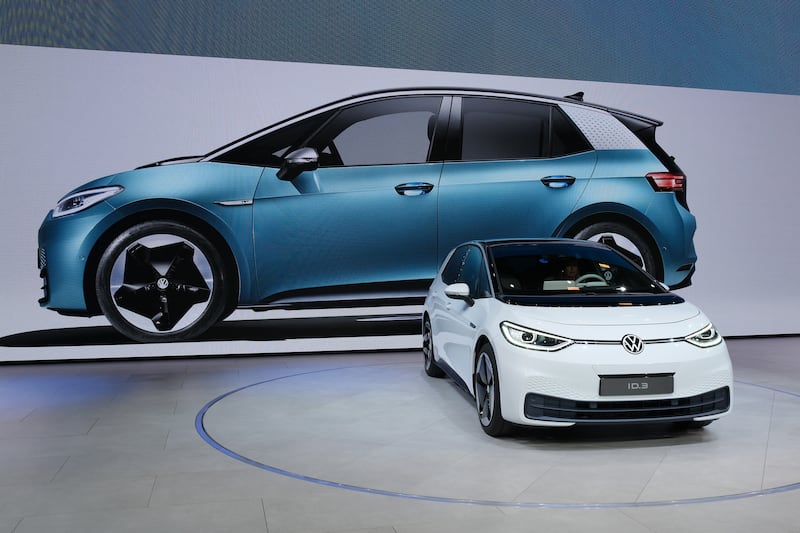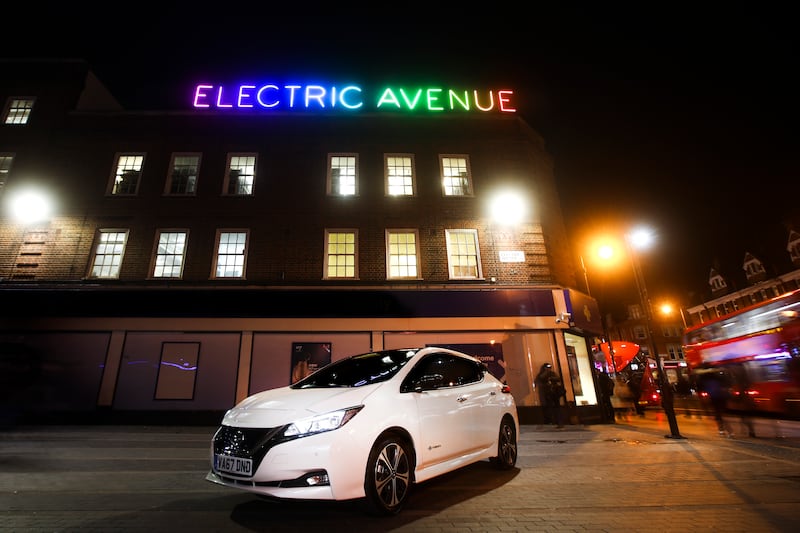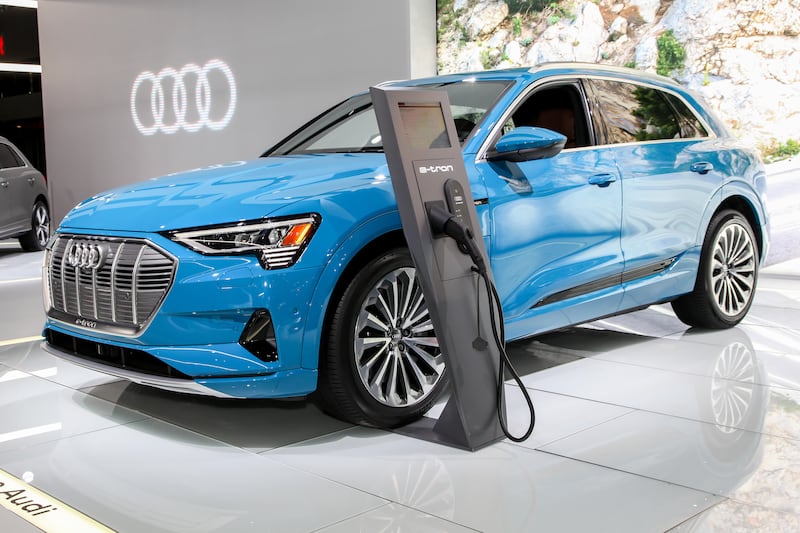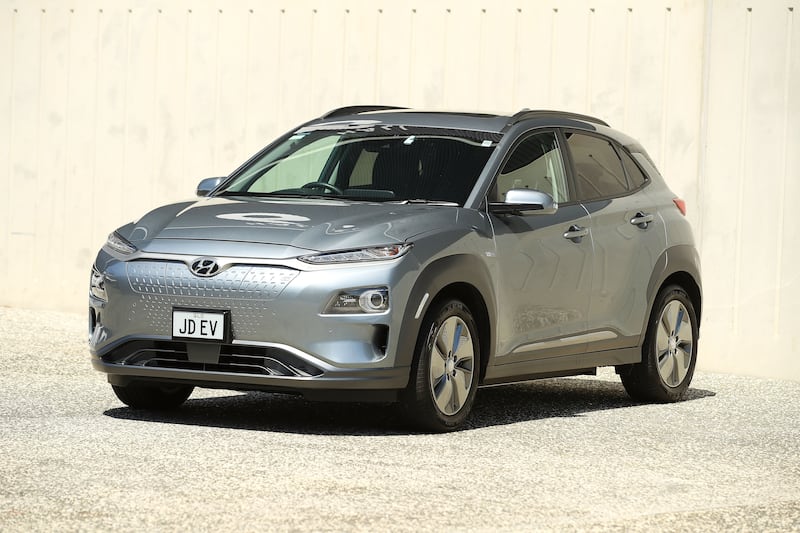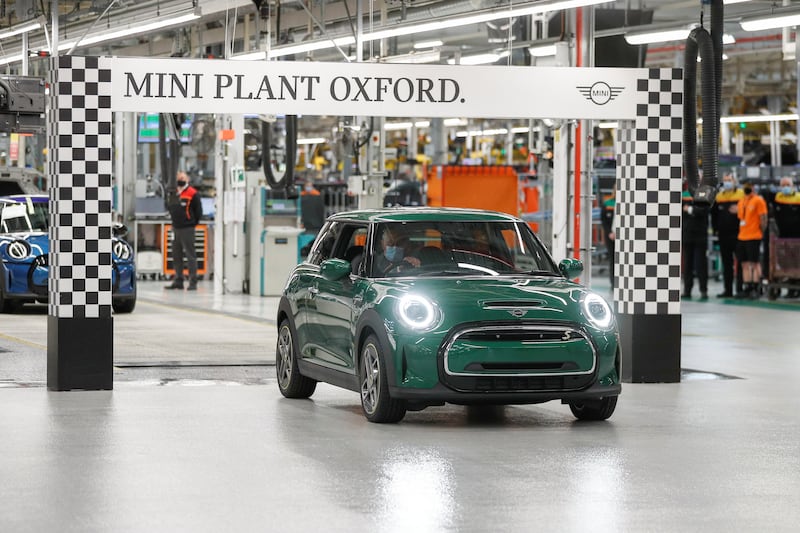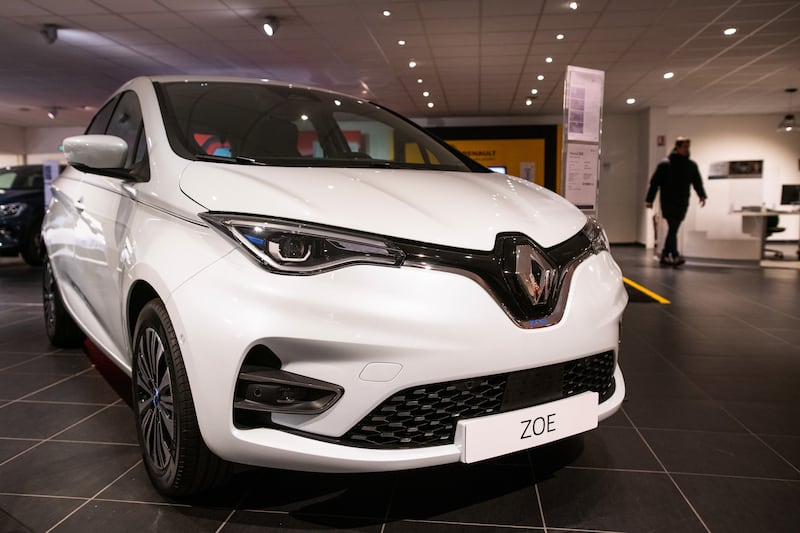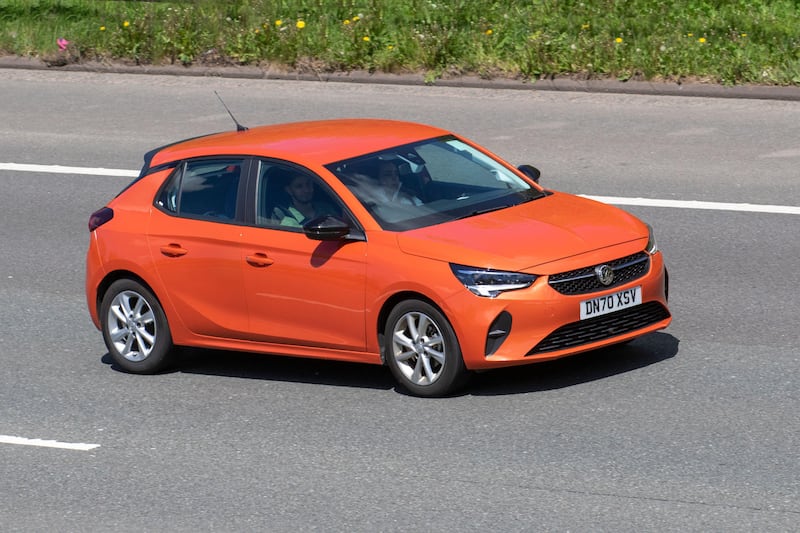The UAE is among the world's top 10 countries as a market that is geared towards electric mobility, a report has found, according to the consultancy Arthur D Little.
The UAE electric vehicle market, which is currently in its early stages, is projected to grow at an annual rate of 30 per cent between 2022 and 2028, according to the global electric mobility readiness index 2022 compiled by Arthur D Little.
Passenger vehicles constitute about 95 per cent of the EV market in the UAE due to an increase in rental car services, it said. The Emirates is placed in eighth position in the index.
Norway leads in EV adoption with a top spot. It is followed by the “ambitious followers” category — China, Germany, Singapore and the UK — where all prerequisites for EV mobility are in place and EVs are on the verge of becoming mainstream.
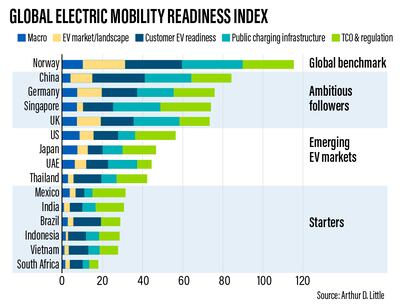
They are followed by the “emerging EV markets” group — the US, Japan, the UAE and Thailand. In these countries, customers are becoming more comfortable with the idea of EVs as infrastructure is being stepped up, the report said.
The report evaluated market readiness in five major categories that drive EV adoption — macroeconomic factors, competitive landscape, customer readiness, public charging infrastructure, and total cost of ownership and regulation.
Governments across the region are accelerating the development of EV technology. The region’s largest economy, Saudi Arabia, has pledged to become carbon neutral by 2060 and have 30 per cent of vehicles in Riyadh electric by 2030.
The UAE aims to become carbon neutral by 2050. Under the UAE Vision 2021, the government has promoted EV adoption across the nation. It has converted 20 per cent of the government agency cars to EVs and is aiming for 42,000 on the streets by 2030.
“Governments in the Middle East are increasing[ly] receptive to EV technology on the roads with the UAE ranking high in readiness for electric mobility,” said Joseph Salem, partner and travel and transportation practice lead at Arthur D Little Middle East.
“We aim to help the public better understand the full scope and potential of e-mobility and support automotive organisations through an insight into the readiness of markets for e-mobility."
There is a global move towards the use of EVs that are charged from the electric grid as more consumers choose transport powered by clean energy.
EV owners spend 60 per cent less on fuel than owners of internal combustion engine vehicles, according to a 2020 Consumer Reports study. Owning an EV would save the typical driver $6,000 to $10,000 over the life of the vehicle, compared with owning a comparable petrol-powered vehicle, the study found.
About 52 per cent of UAE residents are considering a switch to hybrid or electric motoring as the increase in fuel prices comes to bear on the way consumers think about transport, according to a survey in May by Audi Abu Dhabi.
Nearly 25 per cent of people surveyed are waiting for more EV options to be launched before buying, the research, which polled 1,000 residents in the UAE, found.
The UAE government is also expanding efforts to shift to greener technology, most notably under its Net Zero 2050 Strategic Initiative, which calls for Dh600 billion ($163.37bn) to be invested in clean and renewable energy sources in the next three decades.
EVs are expected to play a major part in this programme, as transport is the biggest contributor to carbon emissions.
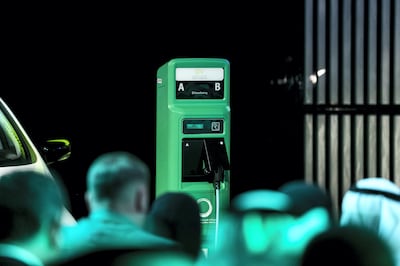
In May, Mubadala Investment Company, Abu Dhabi’s strategic investment arm, signed an agreement with French utility Engie to develop a digital platform to charge EVs in the UAE capital and across the Middle East.
The willingness of consumers in the UAE to use EVs has continued to attract investments.
The UAE, which has nearly 325 charging stations, has one of the biggest charging-station-to-vehicle-ratios in the world, Arthur D Little said in its report. Dubai launched an EV green charger initiative in 2015 to increase the number of charging stations.
To promote the use of EVs, Dubai Electricity and Water Authority and Road Transport Authority are working jointly on incentives such as free parking, exemption from toll and reduced registration fees. They aim to make public transport emission-free by 2050.
